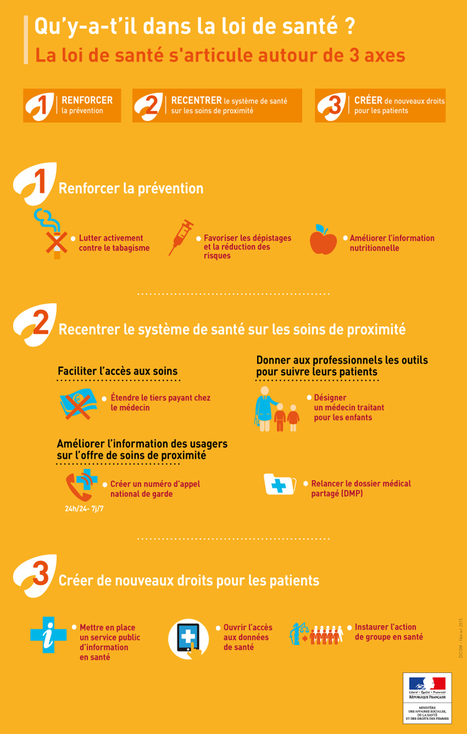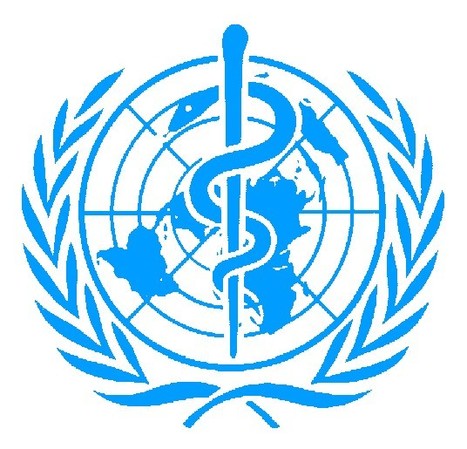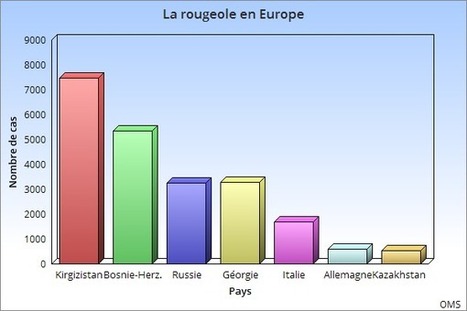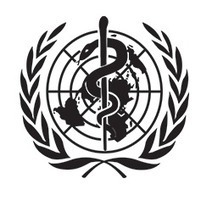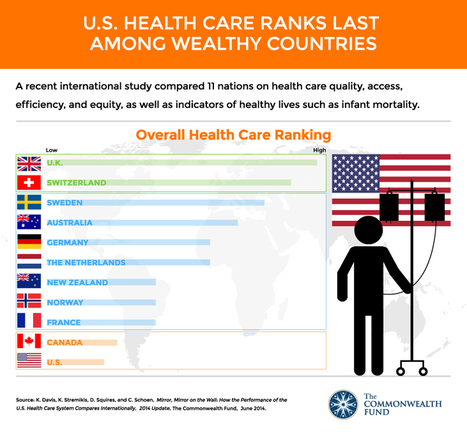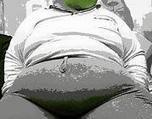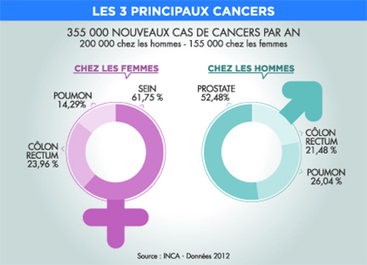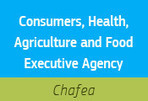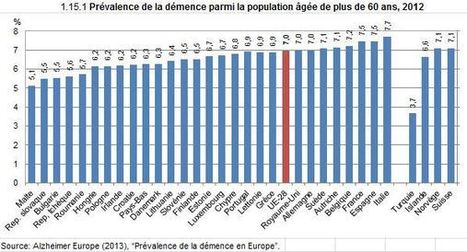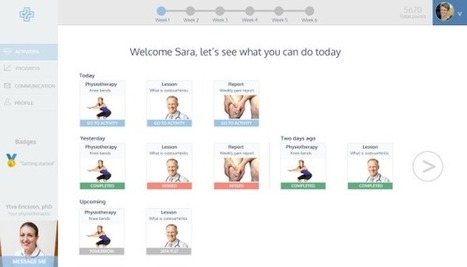8ème Forum de Santé Publique Sanofi - vendredi 21 novembre 2014
Qu’elle soit abordée sous l’angle de la télémédecine ou dans son acceptation plus large de santé numérisée, la e-santé s’invite à tous les échanges, tous les débats, tous les colloques professionnels : big data, e-patient, internet of things... les concepts se multiplient aussi vite que les innovations technologiques, suscitant l’enthousiasme, le scepticisme ou le rejet.
Mais qu’en est-il vraiment de cette révolution numérique ? Que change-t-elle vraiment aux pratiques médicales ? Qu’apporte-t-elle vraiment aux patients ? Quelles promesses réelles porte-t-elle en matière de santé publique ?
Pour tenter de répondre à ces questions, Sanofi - leader mondial et diversifié de la santé a souhaité réunir les acteurs de santé publique, ainsi que des chercheurs aux disciplines complémentaires telles la sociologie ou l’anthropologie, pour aborder la santé connectée non du stricte point de vue des ruptures technologiques, mais de celui de la mutation des usages et de la nouvelle culture qu’elles ont fait émerger. La culture numérique consacre un nouveau rapport au temps, à l’information, au savoir, à l’autorité… et une montée en puissance du patient devenu autonome et responsable. Elle bouleverse les besoins, les habitudes et les attentes des patients qui peuvent évoluer plus vite que les pratiques des professionnels de santé et dont les politiques publiques ont parfois du mal à tenir compte. Pourtant, bien accompagnée, la culture numérique peut s’avérer une arme redoutable pour relever les défis de santé publique que sont par exemple le vieillissement, la prévention ou l’égalité d’accès aux soins. Encore faut-il l’identifier, la comprendre et la maîtriser.
Telle est l’ambition de ce 8ème Forum Santé Publique.



 Your new post is loading...
Your new post is loading...

